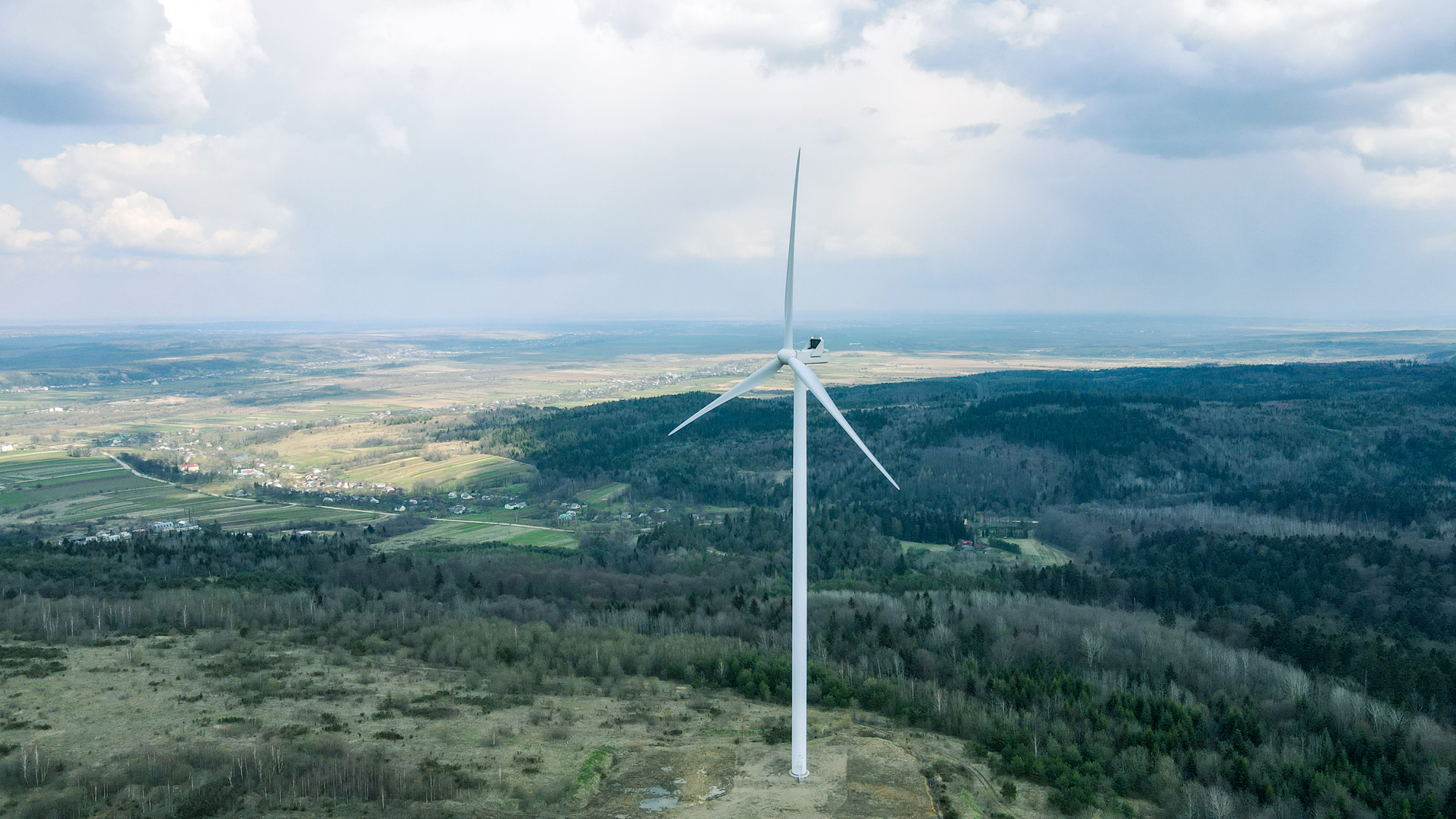The Xunta de Galicia will defend the case before the Court of Justice of the European Union environmental processing of wind projects that are carried out within the community and claim to be protected by current environmental regulations.
The Xunta will participate in the consultation procedure launched before the Court of Justice of the European Union (CJEU) on the processing of wind energy projects in Galicia in defense of the accuracy of the work performed and its adaptation to the current regulatory framework for the sector.
This was agreed by the Council, as explained by the Minister of Environment and Climate Change, Ángeles Vázquez, so now the “General Legal Advisor will be the one who will take the necessary steps to formalize our appearance as a party before November 5.” when the deadline for filing charges expires in the harmful issue about wind presented by the Supreme Court of Xustiza de Galicia (TSXG) last June.
Properly authorized wind farms
In concrete terms, the Xunta’s main argument in defense of this is the permits for wind farms granted in recent years are made with full guarantees, is that neither the European environmental regulation (Directive 2011/92/EU) nor the State law that transposed it (Law 21/2013 on Environmental Assessment) requires that the consultation phase with the competent authorities determines what should happen before making the project public.
In this sense, Vázquez recalled that the Supreme Court endorsed Xunta’s thesis in two recent rulings on the Corme Wind Farm – canceled by the TSXG– by concluding that neither of these two standards may request the necessary sectoral reports in the context of processing before starting the information phase for the general public.
With its decision to intervene directly in the proceedings before the CJEU, the Galician Government wishes to defend that the processing carried out applies the fundamental State law that complies with the community rules and has been used in the same way since 2013.
It will also do this “in a coordinated manner with the central government”, which was also summoned in the damaging matter and has already appeared in the proceedings defending the transposition of the directive it made at the time. when the 2013 environmental standard was approved.
In fact, “in the eleven years the law was in effect state environmental assessment, “No Spanish court had any doubts as to whether the procedure laid down in this rule was in accordance with Community law,” said Ángeles Vázquez.
The TSXG was the first to question this through successive statements on the wind permits granted in Galicia in recent years, because it gives its own interpretation to the Environmental Impact Assessment Directive of the European Parliament and the Council, which conflicts with the simultaneous public information and consultation procedure carried out by the Xunta in application of State law.
Based on this interpretation, the Galician Supreme Court, precisely and completely ignoring the opinion of the Supreme Court “which in the above-mentioned sentences excluded the reason for it”, decided to go to trial. The CJEU referred a preliminary question for him to express his opinion.
In this sense, “the decision of the European Justice is with The relationship with wind processing in Galicia will be crucialas it will definitively clarify whether the procedure applied in Spain since 2013 to environmental assessments of all types of plans and projects is correct – as defended by the advisor on.
This ruling will allow us to establish a doctrine and thus put an end to the current situation Legal uncertainty affecting the wind sector in Galiciabut it will have even greater significance because of its implications in Spain as a whole and in the rest of the EU countries, with their own environmental regulations with similar transpositions.
Nearly 100 wind farms affected
Currently, as Ángeles Vázquez pointed out, “the Community has a total of 190 wind farms in operationwhich amounts to a capacity of 3,931 MW. In any case, we should not forget that the Galician Wind Sector Plan foresees the implementation of 6,500 MW of wind energy and the Galician Energy Agenda has set the target of reaching 8,000 MW by 2030, so there is still room for the implementation of new parks. .
However, due to the situation of judicial and administrative blockade affecting the sector in Galicia“Currently, there are about a hundred wind farms authorized but under appeal, and of those, a total of 68 have already been suspended by legal means,” he explained.
Exactly, the blockage in the implementation of new wind energy It was the central theme of the trip that the Minister for the Environment and Climate Change herself made to Brussels last September, where she expressed the deep concern of the legal proceedings against the permits for new parks that have been issued in recent years.
In fact ‘the Community has disappeared leader in Spain in installed wind energy to fall to fourth position,” said Vázquez. A setback that has its main reason in the paralysis that is affecting this sector in a certain way and that prevents it from simultaneously making progress towards the decarbonization and combating climate change objectives proclaimed by all community institutions for all regions. and Member States.
It is necessary to remember that, in accordance with the European regulations in the field of energy transition and acceleration of sustainable energy projects and with the so-called Plan REPowerEUsetting the goal for the EU to be energy independent, the Galician Fiscal and Administrative Measures Law of 2023 declared that the planning, construction and operation of wind farms are of greater public interest under regional jurisdiction, in order to speed up their processing.
To the same end, the future Law on the Simplified Environmental Management of Galicia “which the the community. including those related to the focusing on clean energy.
From the Xunta de Galicia and together with the central government of Spain, the rulings that have consequences for the approval of a large number of wind farmswhich, they claim, complied with all applicable regulations.

